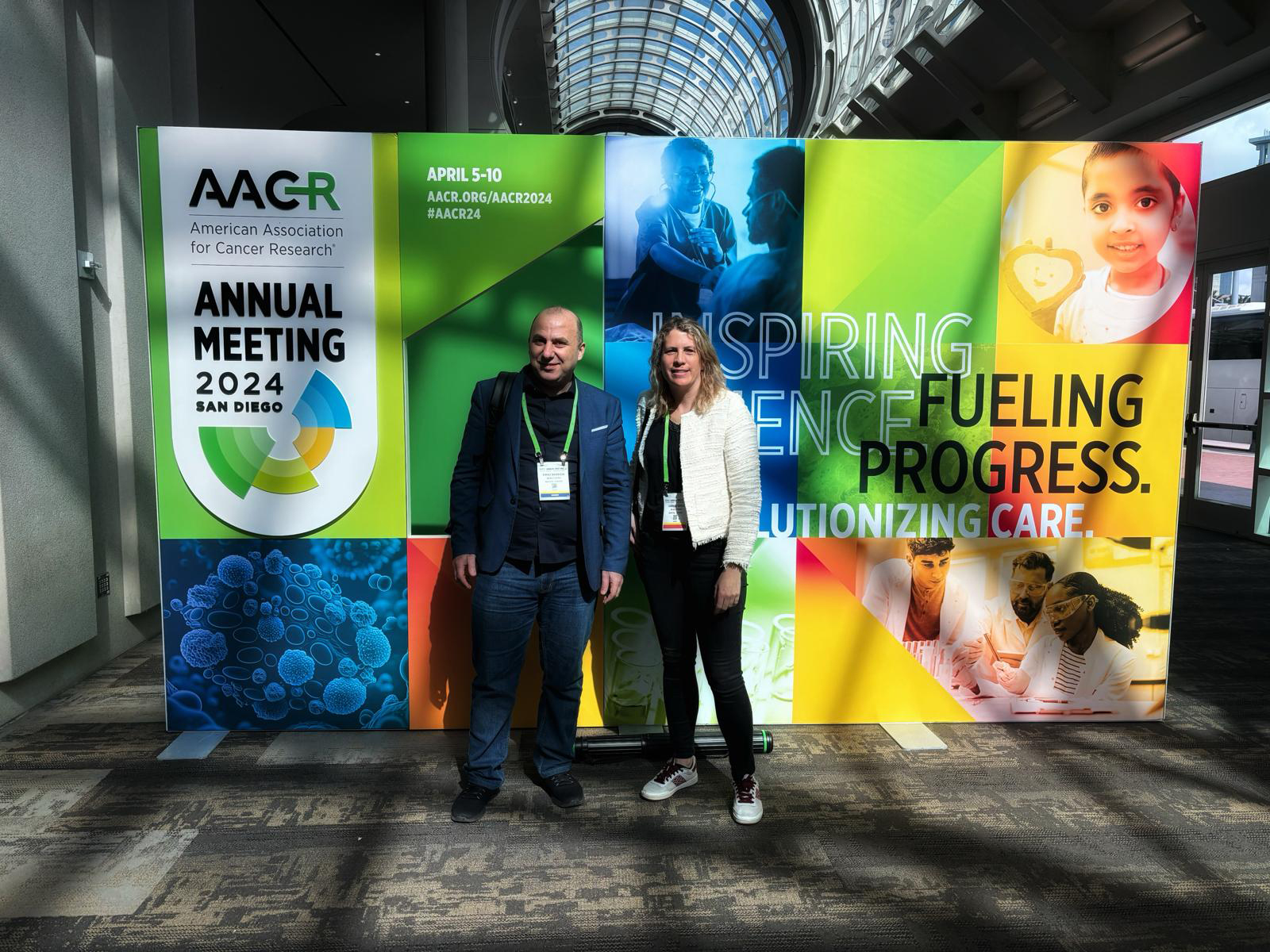April, 2024.
The AACR Annual Meeting in San Diego was a pivotal gathering for the oncology community, and XENOTHERA was proud to participate. Here are the core themes and our takeaways:
- Glycan pathway innovation: one of the most impactful highlights for us was Dr. @Carolyn Bertozzi’s presentation on the Glycan pathway innovation. This emerging field, supported by the 2022 Nobel laureate in chemistry, is opening new avenues in immunotherapy, showcasing the transformative potential of targeting the glycan pathway in cancer treatment.
- Metabolism and Ferroptosis: these emerging areas are gaining traction as potential cancer treatment pathways, reflected in a dedicated session and numerous studies, with more than 50 posters
- Advancements in ADCs: the focus on improving safety and pharmacokinetics for next-generation Antibody-Drug Conjugates (ADCs) indicates significant progress in making treatments more effective and adapted to patients.
- T-Cell activation and tumor microenvironment: strategies to transform “cold” tumors into “hot” ones and to better understand the tumor microenvironment better were central themes, highlighting the evolving landscape of immunotherapy.
- The role of AI: while Artificial Intelligence in drug discovery and patient care shows promise, discussions acknowledged the challenges of data and patient diversity.
- Innovative molecules in clinical trials: notable progress is being made with molecules targeting the Kras G12D mutation.
At XENOTHERA, we were proud to present our latest immunotherapies, demonstrating our ongoing commitment to pioneering cancer treatments. Our contributions to the fields of T cell blood cancers and solid tumors, through our Gh-pAb technology, were met with great interest.
AACR 2024 was a reminder of the collaborative spirit driving oncology forward. Thank you to everyone who organized and contributed to this key event. We’re inspired by the collective efforts of the global research community and will continue to contribute to these and other emerging areas of cancer treatment.
